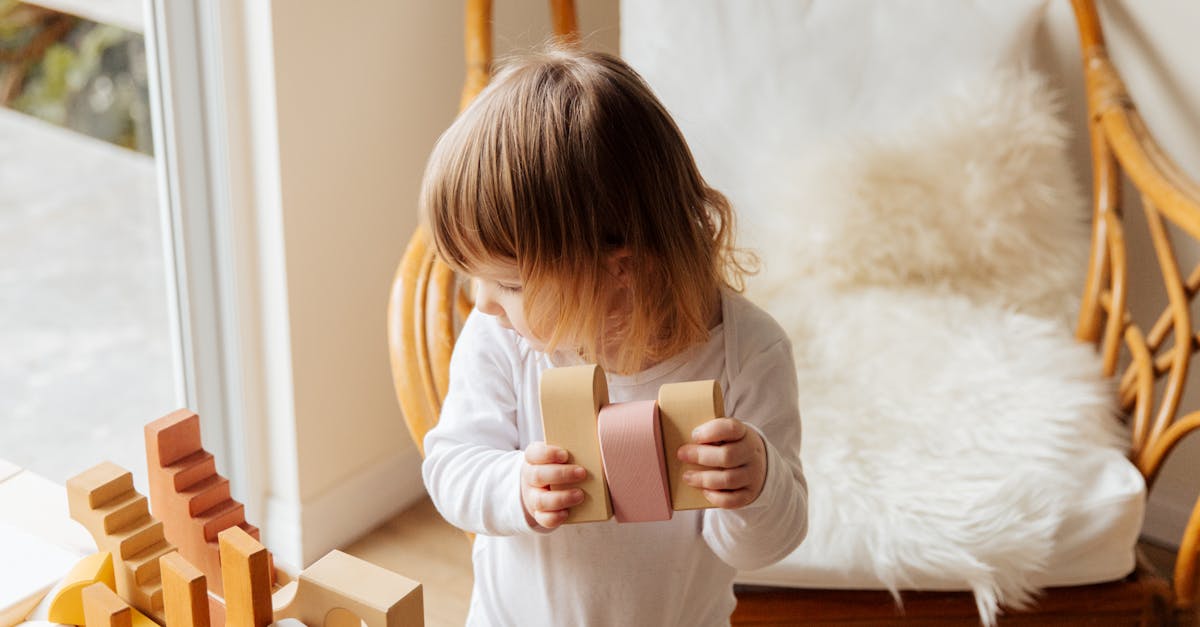Start Tradition-Setting Early
The foundation of any tradition is consistency. Starting holiday traditions early helps establish them as a natural part of family life. For example, you can start with simple traditions like decorating the tree together or baking cookies. Kids love routines, and making these activities yearly events builds anticipation and excitement.
Remember, it’s never too late to start a new tradition. Whether your children are toddlers or teenagers, they will appreciate the thought and effort you put into creating special moments. Start small, and let the traditions evolve as your family grows.

Balance Individual Needs
Every child is unique, and their needs and preferences should be considered when planning holiday activities. To maintain balance, involve each child in decision-making. For instance, have a family meeting where everyone chooses one activity they love. This inclusiveness ensures that everyone feels heard and valued, and it can help prevent any one child from feeling overshadowed. Moreover, balancing individual activities helps create a sense of fairness and equity, making the holidays enjoyable for all. Just remember to keep things light and fun. The holidays should be a time of joy, not stress.

Encourage Teamwork and Sharing
One of the best ways to foster sibling bonds is through collaborative activities. Encourage teamwork by engaging in activities that require cooperation, such as building a gingerbread house or creating homemade ornaments. Sharing responsibilities and working together can strengthen their relationship and teach them valuable lessons in cooperation and compromise. Plus, these kinds of activities are often more enjoyable and memorable when done together. Just ensure that tasks are age-appropriate so everyone can contribute meaningfully. It’s all about creating joyful moments where siblings can thrive together.

Addressing Emotional Challenges
The holidays can sometimes bring out strong emotions in children, from joy to jealousy. As a parent, it’s crucial to recognize and address these feelings constructively.
Create an open environment where your kids feel safe expressing their emotions. If disputes arise, address them calmly and fairly, ensuring each child feels heard. Use humor to diffuse tense situations—sometimes, a silly joke is all it takes to lighten the mood.
By nurturing a supportive atmosphere, you help your children navigate their emotions and maintain a harmonious holiday season.

Invite Feedback and Adjust
Traditions should evolve and grow with your family. Invite feedback from your kids to understand what they enjoy and what could be improved. After the holiday season, have a family discussion about which activities were hits and which could be reimagined.
This dialogue not only shows your children that their opinions matter but also ensures that traditions remain dynamic and meaningful. By being open to adjustments, you keep your holiday traditions relevant and enjoyable for everyone. Remember, flexibility and willingness to improvise can lead to the best family traditions!

